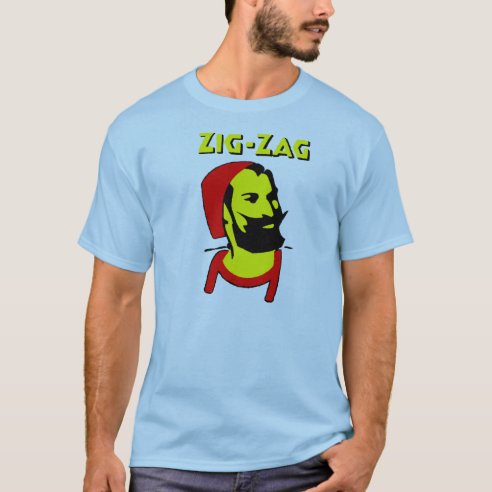

I count myself coloured several shades of surprised. This result is statistically significant and is, of course, very interesting.”īut it was apparently never published in a journal… It turned out that students’ performances on the test crossword did indeed improve by about 25 percent after it had been published, compared with the control crossword. The control crossword gave a measure of each individual’s ability to do crossword puzzles of that kind. This of course involved testing different groups of students before and after. They were also tested with a control crossword which was not published during that period. Students were tested in Nottingham the day before and the day after the crossword was published in London. So we managed to persuade a London newspaper, The Evening Standard, to supply its crossword puzzle in advance for the purpose of this experiment. The young woman who did it, Monica England, reasoned as follows: If morphic resonance is happening, it should be easier to do today’s newspaper crossword puzzle tomorrow than it would have been yesterday. This was done with crossword puzzles in the psychology department at Nottingham University. It is not, in fact, the best experiment, but it is the easiest to explain. I will just mention one experiment done recently. “Space does not allow summarizing all the work that is happening at present. Actually the exact thought was “That has to have something to do with that charlatan Rupert Sheldrake and Morphic Resonance”. On reading your latest entry I immediately thought “That has to have something to do with Rupert Sheldrake and Morphic Resonance”. Like we’re all telepathically sharing our experiences. So it’s like once the answers are out there, people can pick up on them. They did this study where they isolated a group of people over time, you know, and monitored their abilities at crossword puzzles in relation to the general population, and they secretly gave them a day-old crossword, one that had already been answered by thousands of other people, and their scores went up dramatically. Some guy on a computer figures something out, and then almost simultaneously a bunch of other people all over the world figure out the same thing. That would explain why there are all these seemingly spontaneous worldwide innovative leaps in science and the arts, you know, like the same results popping up everywhere independent of each other.

It’s like there’s this whole telepathic thing going on that we’re all a part of, whether we’re conscious of it or not. I’ve put the relevant except from the script below the fold… Link: Article on The Baader-Meinhof Phenomenon from The question is: did anyone ever really do this experiment, or anything like it, and what are the references? I’m not expecting that it would really produce a significant effect, but I’d still love to know if anyone has tried it. If the crossword puzzles were a day old, meaning that thousands of people had already completed them, then people found it easier to get the answers – because the answers were already ‘out there’ in the collective memory of course. They mention an experiment where people were isolated and given daily crosswords. In Richard Linklater’s Waking Life (2001) two of the characters discuss the idea synchronicity.


 0 kommentar(er)
0 kommentar(er)
